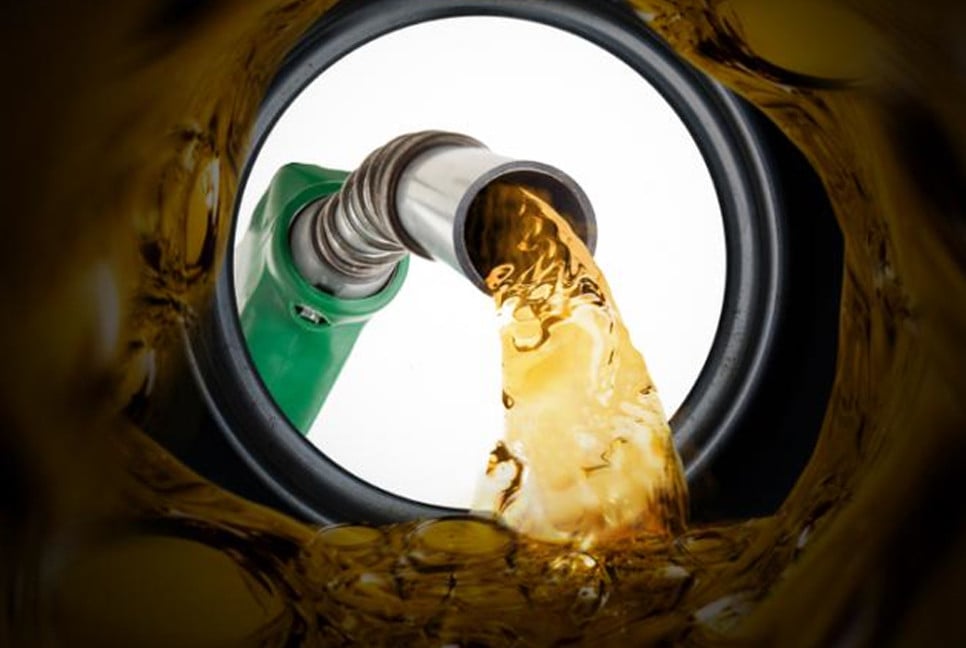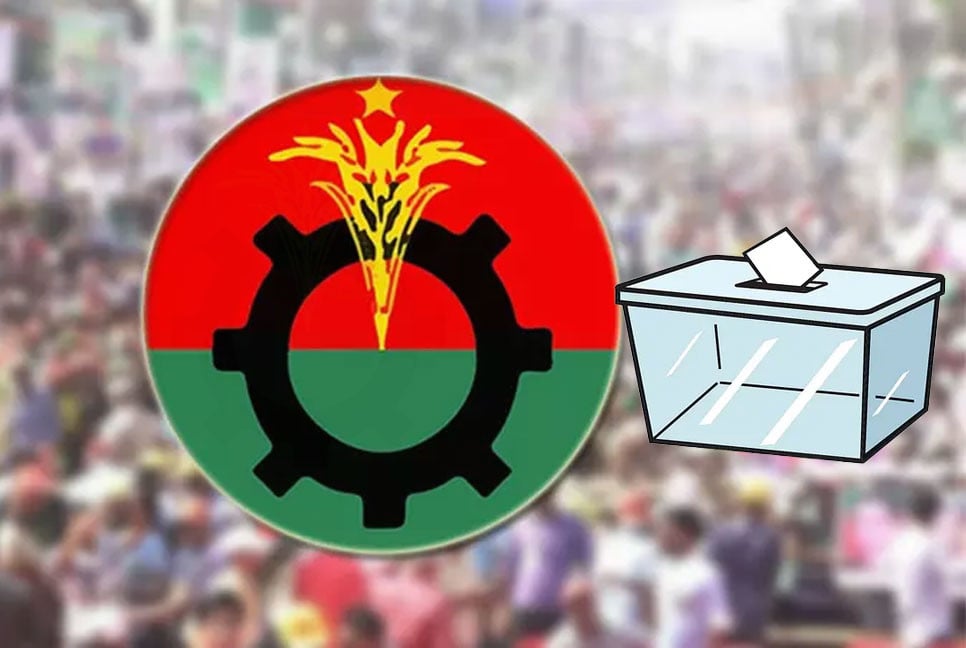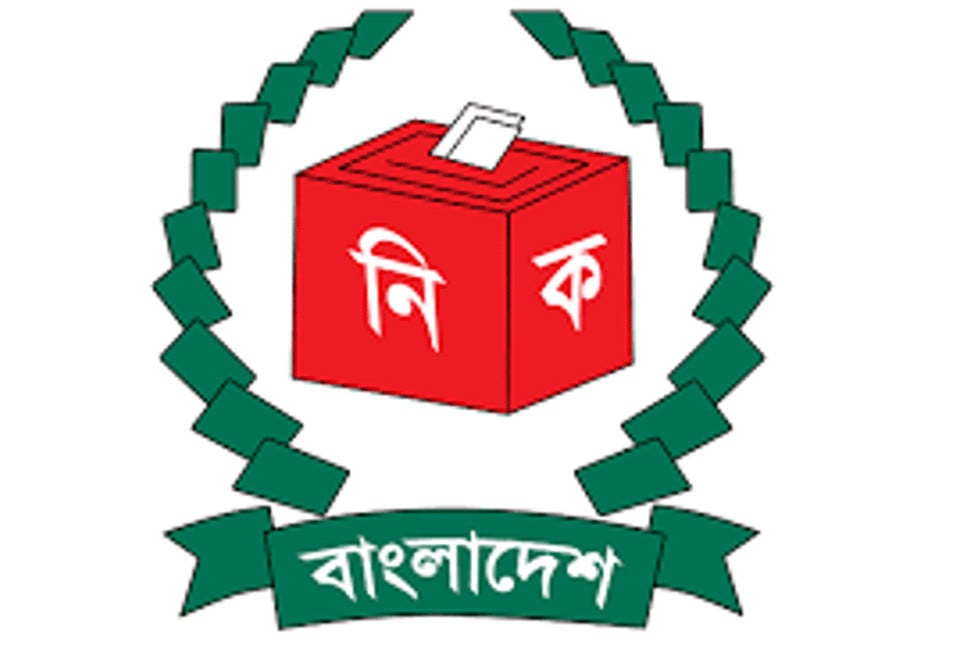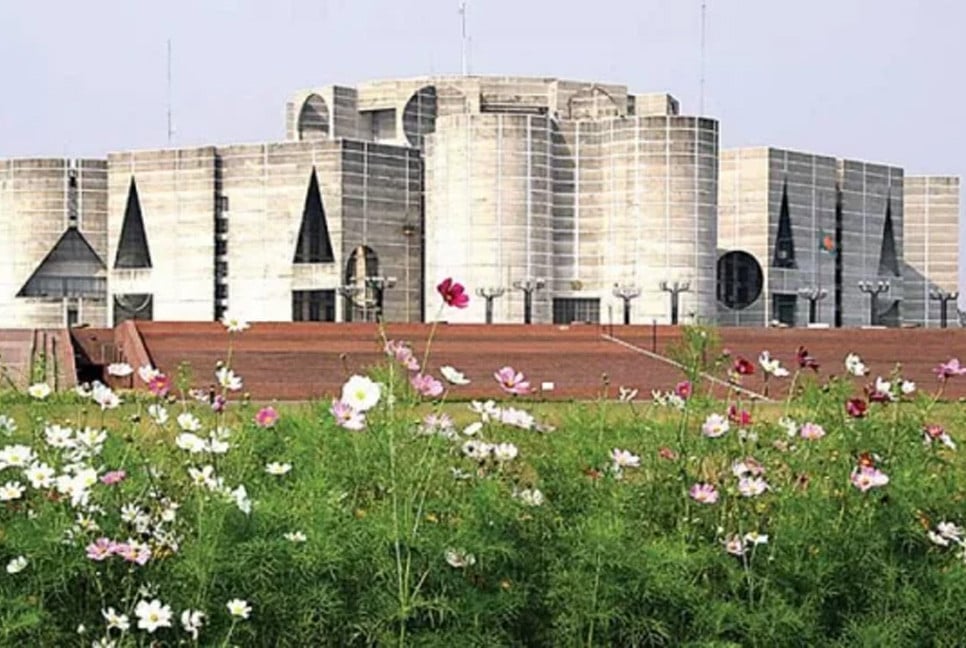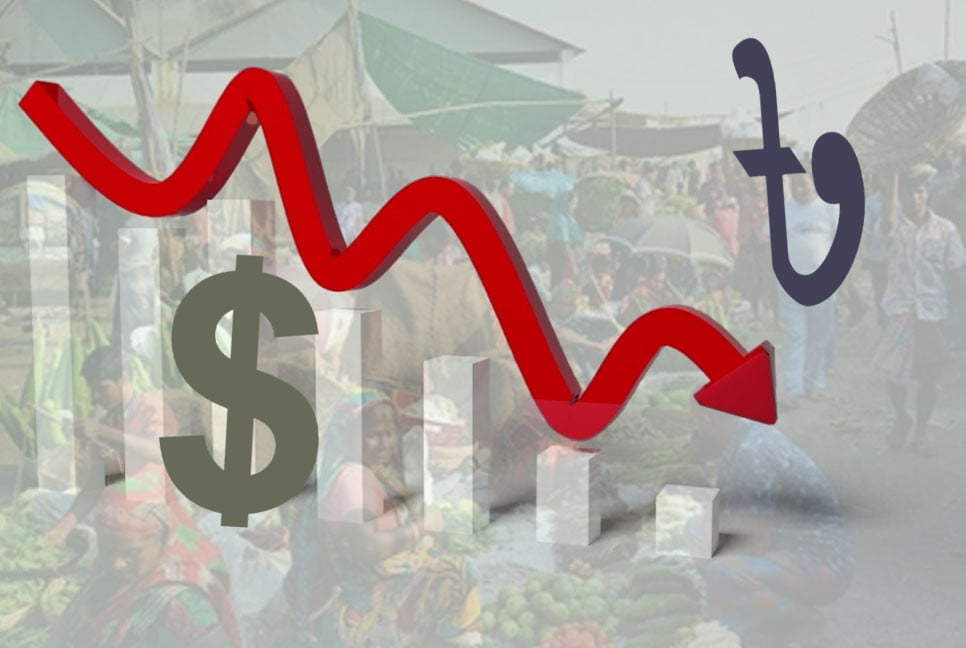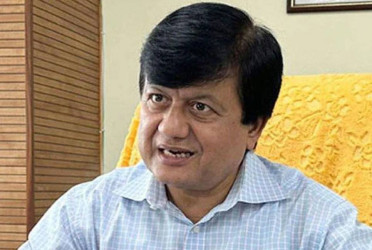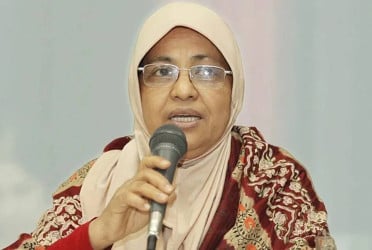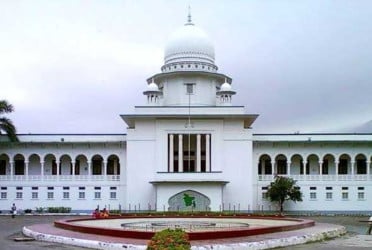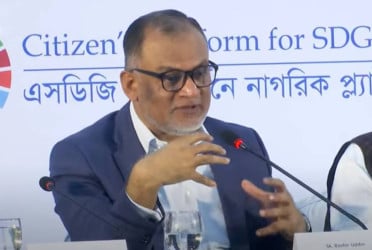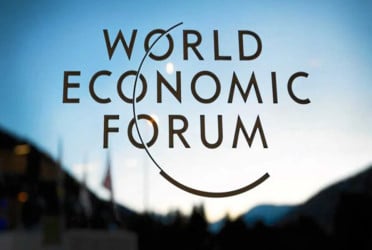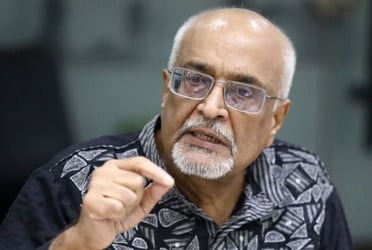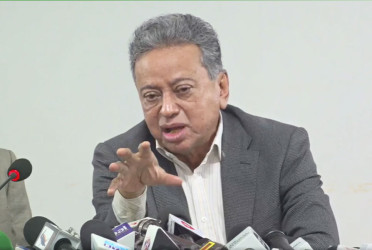In a surprising turn of events, Bangladesh has seen a shocking decline in its diesel sales. Recent statistics from the Bangladesh Petroleum Corporation (BPC) reveal a staggering drop of nearly 700,000 metric tons in diesel sales over the past year.
This decline is particularly perplexing given the rising number of vehicles, irrigation projects, power generation facilities, and industrial activities that typically drive up diesel consumption.
Fuel users are expressing their concerns, highlighting the inconsistency between expected demand and actual sales figures. BPC authorities find themselves in a quandary, grappling with the implications of this unexpected downturn. Yet, officials from this government agency, responsible for importing and distributing fuel, have admitted to Bangladesh Pratidin that they have yet to pinpoint a specific cause for this significant decrease.
BPC authorities further noted that the abrupt decline in diesel consumption lacks a clear explanation or supporting research. This year’s drop in usage does not automatically imply a reduction in imports for the coming year, as BPC operates under flexible agreements that allow for adjustments based on market needs.
Typically, these contracts span six months, with diesel imports primarily dictated by demand. Currently, BPC holds a 45-day reserve of fuel, and should diesel stocks rise while sales falter, the corporation may find itself contemplating a strategic reduction in future imports.
A recent review of sales data from the Bangladesh Petroleum Corporation (BPC) reveals a concerning trend in diesel consumption. In the fiscal year 2023-24, diesel sales totaled 4,244,527 metric tons, marking a significant decline from 4,935,483 metric tons in the previous year. This drop equates to a reduction of approximately 690,956 metric tons, or 14 percent.
Further analysis of BPC’s sales figures over the past five years shows that diesel sales were considerably higher in fiscal year 2021-22, reaching 4,850,700 metric tons—over 600,000 metric tons more than the latest year's total. In fiscal year 2020-21, sales amounted to 4,597,585 metric tons, exceeding the most recent figures by 353,058 metric tons. These trends underscore critical implications for the future dynamics of Bangladesh's energy sector.
Industry experts note that the demand and sales of diesel as a fuel have consistently increased in Bangladesh, driven by electricity generation, industrial operations, transportation, and irrigation activities.
However, the unexpected 14 percent decline in diesel sales during the fiscal year 2023-24 has raised concerns among BPC officials.
BPC Chairman Mohammad Amin ul Ahsan shared with Bangladesh Pratidin that they suspect several diesel-powered power plants are currently non-operational. Additionally, many vehicles have reduced their reliance on diesel, with a shift toward electric alternatives. Consequently, diesel usage has significantly diminished. While diesel is predominantly used in irrigation, the rising reliance on electricity for these tasks further contributes to the decline in diesel consumption.
(Translated by Ark)

